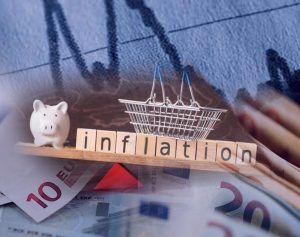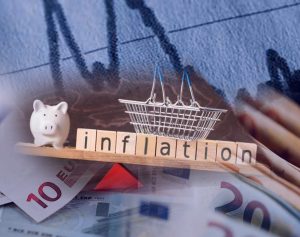tovima.com - Breaking News, Analysis and Opinion from To Vima’s International Edition
Latest News
-
Hamas Warns Israel Strike on Senior Commander Risks Gaza Ceasefire
-
Farm Subsidy Scandal: 16 Arrested, Face Serious Felony Charges
-
Greece Prepares for Nationwide Strike on Tuesday, December 16
-
With US-EU Divorce Virtually Finalized and Europe Sidelined, Greece Seeks Strategy to Resolve Disputes with Turkey
-
Brown University Shooting Leaves 2 Dead, 9 Injured
-
Athens Welcomes First Sunday of Holiday Shopping
-
Twelve Dead and Multiple Injured in Shooting at Sydney’s Bondi Beach
-
Mild Temperatures, Sunshine and Isolated Showers Across Greece on Sunday
-
In Greece, a German-Language Weekly Endures Through Crisis and Change
-
How to Take Care of Yourself When You Can’t Take Care of Yourself
-
Two U.S. Soldiers, One Civilian Killed in Ambush in Syria
-
Greek Farmers Decline Meeting with PM
-
‘The Viking Sperm’ – Recipients Wanted ‘Blue-Eyed, Blonde’ Babies



















